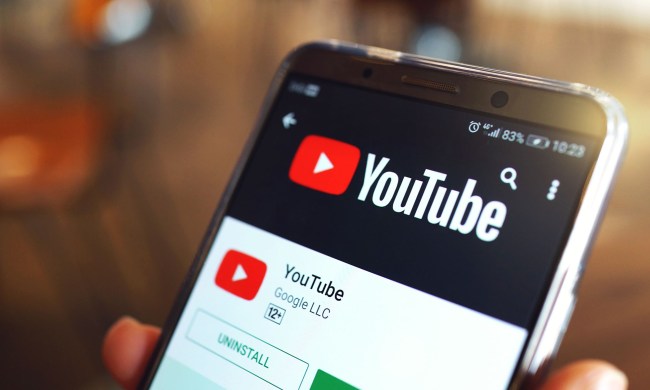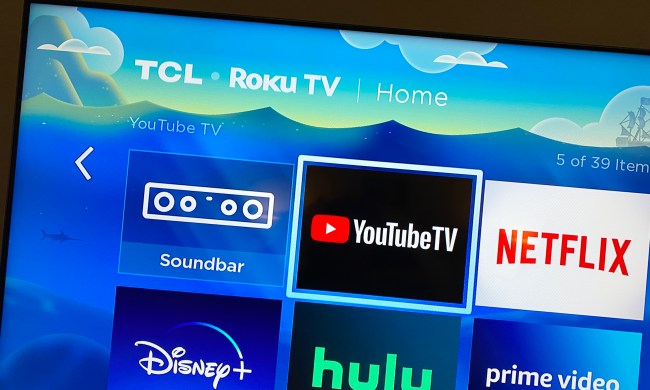Google’s parent company, Alphabet, has revealed for the first time YouTube’s revenue from advertising, and it’s a cool $15 billion, according to Alphabet’s annual earnings report. That figure comprises just under 10 percent of Alphabet’s total revenue for 2019, .
In the report, Google disclosed that YouTube’s ad revenue grew from $3.6 billion in the last quarter of 2018 to $4.7 billion in the last quarter of 2019. It also nearly doubled from 2017 through 2019, moving from $8.1 billion in revenue in 2017, to $11.1 billion in 2018, and finally to $15.1 billion in 2019. Sundar Pinchai, Alphabet’s CEO, said he was “pleased” with the progress in the company’s “new growth areas,” which includes both YouTube and Cloud.
For context, Google bought YouTube in 2006 for $1.65 billion. That’s a huge return on investment.
YouTube did not immediately respond to a request for comment, but the new, huge number comes amid a few big advertising-related changes for the platform. In 2019, the site expanded its offerings of unskippable ads. In August 2018, YouTube announced that it would be “expanding” this option, which previously was only made available to eligible creators. As of 2019, the majority of YouTubers who could monetize their videos were also able to place unskippable ads in their videos.
YouTube at the time said this would allow creators to make more more money off of their videos, even if it meant a more frustrating experience for audiences. Previously, all YouTube ads allowed viewers to hit a “skip” button after the first 5 seconds of the ad. But the introduction of unskippable ads meant advertisers would be willing to pay much more for the ads. The unskippable ads range from 15 to 20 seconds long.
Early in January 2020, YouTube also announced it would limit advertisements on videos aimed at children, as part of a new policy to enhance data protections for young viewers after the Federal Trade Commission fined the site for violating the Children’s Online Privacy Protection Act, the Washington Post reported. The site settled for $170 million with state and federal regulators, after prosecutors said YouTube had collected data on underage users, in violation of the act. It meant that YouTube would have to stop personalizing ads on videos aimed at children. In the meantime, the company reportedly raked in at least $50 million from just some of its YouTube children’s channels.



